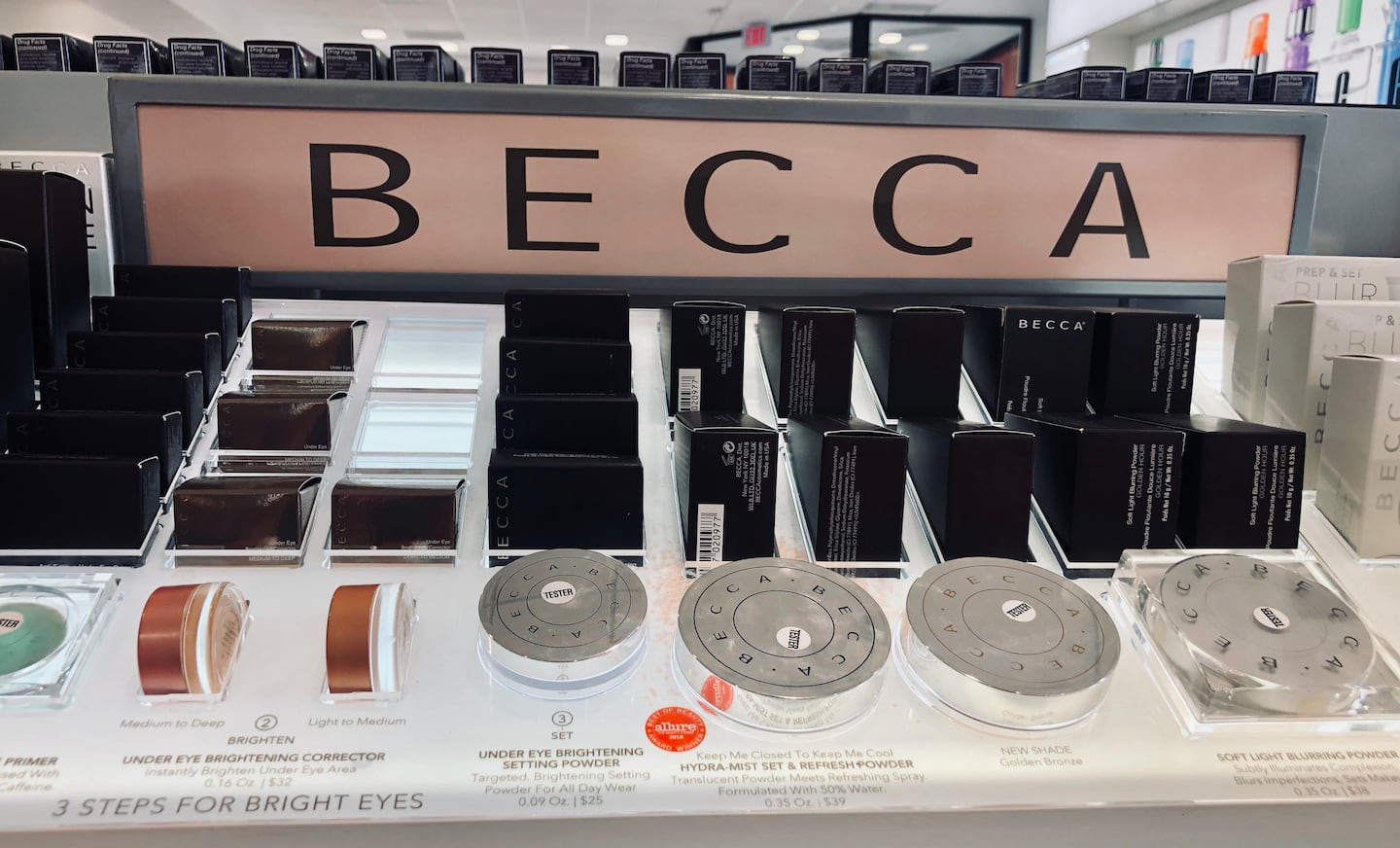
The Business of Fashion
Agenda-setting intelligence, analysis and advice for the global fashion community.

Agenda-setting intelligence, analysis and advice for the global fashion community.

Less than five years after The Estée Lauder Companies acquired the social-media friendly makeup brand Becca Cosmetics for an estimated $200 to $300 million, the beauty conglomerate is shutting the whole brand down. Estée Lauder made the announcement on Wednesday, stating the brand will wind down its operations by September. The ample advance notice is meant to give employees more time to find other jobs, either within Estée Lauder or elsewhere.
“This is a house cleaning that has really come out of a decade of acquisition of businesses, when the industry was just booming and you could throw $300 million away to buy a smaller brand that expanded your portfolio and gave you opportunities in different channels of distribution,” said Wendy Liebmann, CEO of consulting firm WSL Strategic Retail. “But in the end, the audience was too small to justify the kind of investment it takes now to drive profitability.”
Estée Lauder is working to recover from a difficult pandemic period that has weakened an already challenged makeup category. On Tuesday, the conglomerate announced it had acquired a majority stake in affordable skincare label Deciem, maker of the hit ingredients-focused brand The Ordinary, signalling it is pinning its hopes on the future of skincare. In addition to shutting down Becca, Estée Lauder announced it will close underperforming store locations in travel retail and in Latin America.
Makeup brands, including Becca Cosmetics, were already struggling before the pandemic, as women spent more time and money on serums and moisturisers than mascara and foundation. Another contributing factor was a growing reliance on influencer collaborations and new product releases, which drew attention but did little to create loyal customers.
ADVERTISEMENT
In 2021 the global makeup category is expected to continue to shrink, representing 14 percent of the beauty market versus 15 percent in 2019, according to McKinsey. Meanwhile, skin care and hair care will continue to grow in influence over the sector, recovering much more quickly from the pandemic downturn.
In the year ending June 30, 2020, Estée Lauder’s revenue from makeup fell by 18 percent to $4.8 billion, and it continued to shrink in the first and second quarters of fiscal 2021 by 32 percent and 25 percent, respectively. The company attributed the decline to pandemic lockdowns and fewer occasions to wear makeup.
“So clearly the makeup category growth will be associated with the post-recovery,” said chief executive office Fabrizio Freda in a recent earnings call. “And we will be ready for that.”
When Estée Lauder acquired Becca in 2016 from beauty incubator Luxury Brand Partners, the brand’s wide range of makeup skin tones and influencer relationships made it an attractive addition to its portfolio as the conglomerate aimed to catch up with the digitally driven colour cosmetics boom and directly appeal to Gen-Z shoppers. More than half of Becca’s customers identified as non-Caucasian at the time, and most were in North America and Europe. There was potential to scale its formula globally. One month later, Estée Lauder also acquired Too Faced for $1.45 billion.
In recent years, despite a steady stream of new influencer collaborations, Becca struggled to expand its trendy offering, defined by highlighting powders and concealers. And after Fenty makeup launched in 2017, the Rihanna-backed brand set a new bar for inclusive skin tones and owned that message. Meanwhile, many influencers moved into launching their own brands, including Becca’s first hit partner Jaclyn Hill, who started her own brand in 2019.
And as the smaller and more youth-focused of Estée Lauder’s challenged makeup brands, Becca faced a tough fate when shoppers had fewer reasons to do their makeup. Between January 2020 and January 2021, the brand’s earned media value shrunk by half as fewer influencers posted about the brand online, according to Tribe Dynamics. The brand debuted its last influencer collaboration, with actress Barbie Ferreira, a year ago.
“Due to a combination of macro forces compounded by the global effects of COVID-19, the brand could not sustain success for the long-term,” said an Estée Lauder company statement.
Liebmann said that conglomerates like Lauder and its rivals are having a harder time supporting smaller brands in their portfolios.
ADVERTISEMENT
“For the last 20 years we had lots of big companies making acquisitions of big and small businesses, and I think some of them required a bigger investment even before we got to the pandemic,” she said. “The pandemic has just put the pressure on companies to say, ‘We’ve got so much breadth… but so many of the brands [we have] ]do not do the kind of volume that we need them to do.”
Related Articles:
The Great Makeup Crash of 2019
How not to look tired? Make money.
In a rare video this week, the mega-singer responded to sceptics and gave the public a look at what her beauty founder personality might be.
Request your invitation to attend our annual gathering for leaders shaping the global beauty and wellness industry.
Excitement for its IPO is building, but in order to realise its ambitions, more acquisitions and operational expenses might be required.